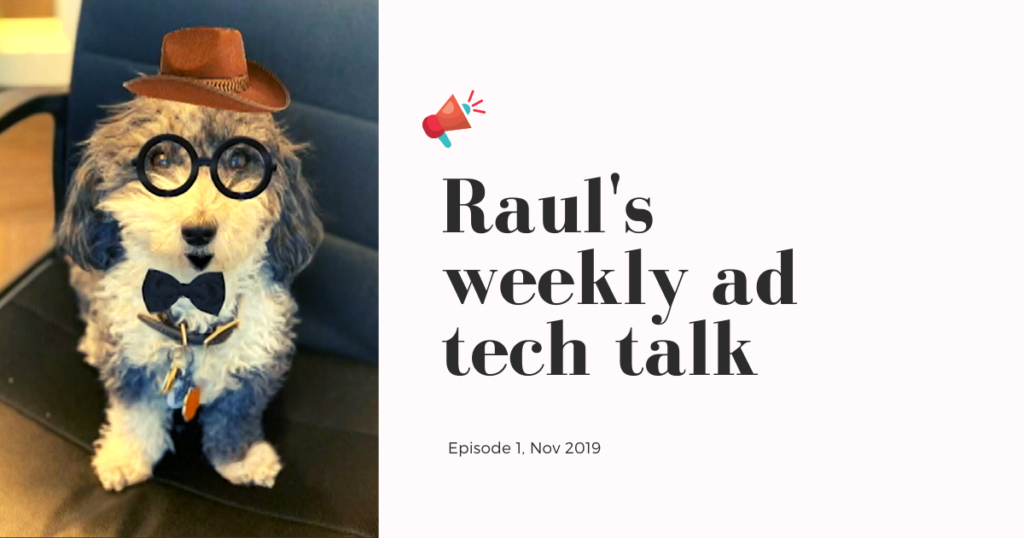
Ad blocking is nothing new, but it's nonetheless important to assess the main motivations for ad blocking. A recent report from globalwebindex titled “Ad-blocking behaviors around the world” found three main reasons for ad blocking to be far and away more common than the rest. Ad frequency, annoying or irrelevant ads and ads being too intrusive were cited as the main reasons for why ad-blocking consumers block ads.
In contrast, only 26% stated they use ad blocking due to online privacy concerns. Though the online data privacy concerns are extremely important as a matter of human rights, it is clearly not the main motivator for why people take actions to block ads in everyway their can within their digital and mobile experiences.
Our resident “Dog-In-Chief and All Things Ad Tech,” Raul, recently discussed the findings more in depth and provided some conclusions as to how we ad tech can get to the heart of the ad blocking problem, which is mainly an advertising experience problem.
The advertising experience problem negatively impacts everyone involved in the advertising equation: the publishers that monetize through ads, the advertisers looking to share their messages with the world and the people on the receiving end of mobile ads.
If the ad content and inventory isn’t interesting for a publisher’s audience, lower engagements mean lost revenue opportunities. If ads are too intrusive to the inherent publisher experience, churn and LTV (lifetime value) will suffer.
If the end experience, say inside a mobile game or app, is too cluttered with ads, advertisers are unable to drive as much value as they otherwise would if ads weren’t so frequent and intrusive. People naturally turn their brains off from anything that is too frequent and intrusive, which is how you get the situation of mobile app users flipping their phone upside down as they wait for the 30 second forced video view to complete.
And of course, for people receiving ads, too many ads, along with irrelevant and intrusive ads are taxing and costly. Imagine how much brain power and collective time gets allocated by people viewing irrelevant, intrusive and so many ads. It’s a massive tax on the time of our society and one that doesn’t have to be this way if instead these advertising experiences helped people improve their own lives and the lives of others.
